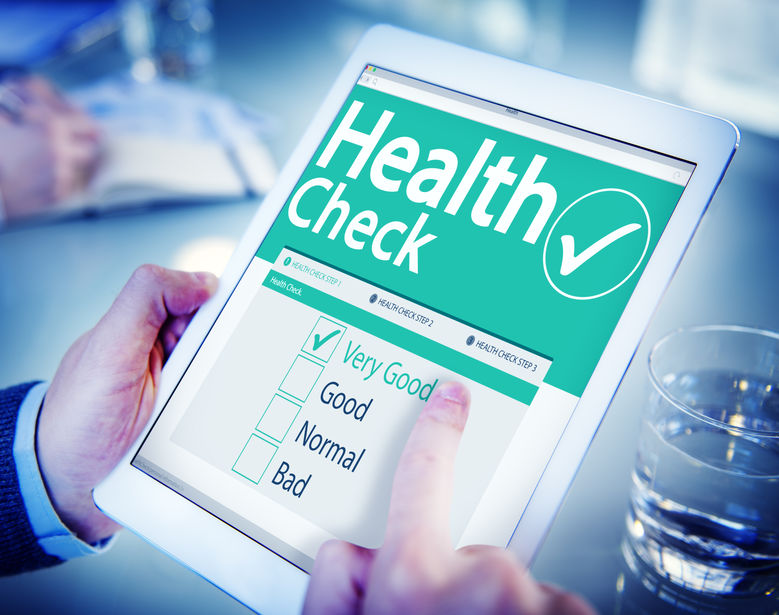Fasting Before a Medical Checkup: What You Should Know?
For a long time, fasting has been a way to detox and purge the system of toxic substances. It is a little extra something we do that improves our health. Fasting is encouraged by health practitioners because it promotes blood sugar control, reduces inflammation, aids weight loss and increases growth hormone secretion that aids metabolism, among other things. But did you know that you should also fast before going for a medical checkup?
 But why would you need to fast before getting a checkup at a medical centre? The answer lies in the effect food has on your body or more accurately, on your blood. When you eat, the nutrients contained in your food are absorbed, after digestion, into the bloodstream where they increase or decrease the levels of some substances in the blood. These substances include blood sugar, cholesterol, enzymes, and some minerals. Some blood tests involve the measurement of these substances. These measurements are then used to make a diagnosis. Eating within a few hours before these tests may cause a temporary change in the level of these measured substances which, in turn, will give different results; this can lead to an inaccurate diagnosis. Fasting, therefore, ensures more accurate results.
But why would you need to fast before getting a checkup at a medical centre? The answer lies in the effect food has on your body or more accurately, on your blood. When you eat, the nutrients contained in your food are absorbed, after digestion, into the bloodstream where they increase or decrease the levels of some substances in the blood. These substances include blood sugar, cholesterol, enzymes, and some minerals. Some blood tests involve the measurement of these substances. These measurements are then used to make a diagnosis. Eating within a few hours before these tests may cause a temporary change in the level of these measured substances which, in turn, will give different results; this can lead to an inaccurate diagnosis. Fasting, therefore, ensures more accurate results.
You generally shouldn’t eat for up to eight hours before blood tests, but some require longer hours of fasting. Fortunately, the hours you spend sleeping are considered a part of your fasting period so you can fix your appointment as early in the day as possible. Traditional food isn’t the only thing you should stay away from during your fast period; there are other consumables that can alter the outcome of these tests.

 Sweets and chewing gum introduce sugar into the blood in the form of glucose, at this point there is an increase in glucose levels in your blood. When this happens, your body works to process that glucose into energy and transport it to your cells. To do this, your pancreas produces insulin. The end result is a drop in glucose levels in your body. This rise and drop can cause inaccurate reading during a blood test for sugar levels.
Sweets and chewing gum introduce sugar into the blood in the form of glucose, at this point there is an increase in glucose levels in your blood. When this happens, your body works to process that glucose into energy and transport it to your cells. To do this, your pancreas produces insulin. The end result is a drop in glucose levels in your body. This rise and drop can cause inaccurate reading during a blood test for sugar levels.